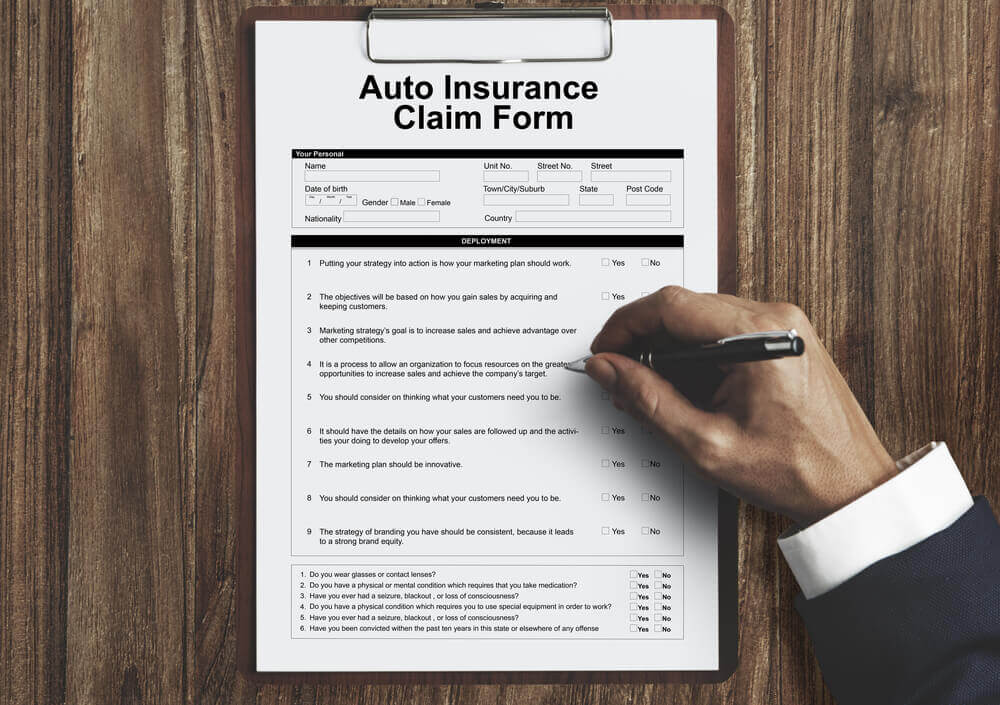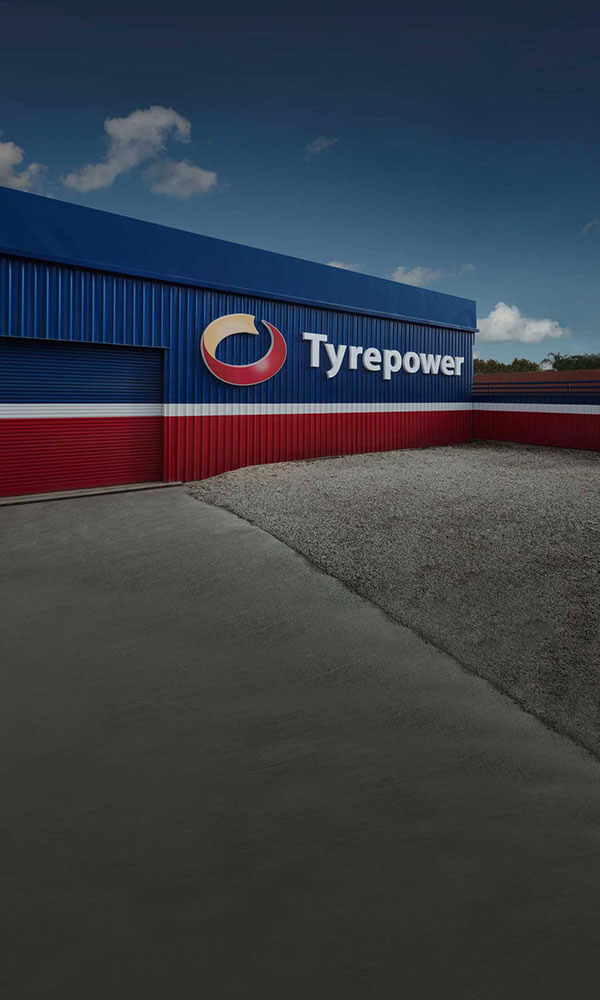Eight Things your Auto Insurance Company Won’t Tell You

Let’s face it: auto insurance along with so many other types of insurance can be complicated and even messy at times. As a vehicle owner, it’s important for you to understand what’s involved with your insurance. That’s why we have compiled the below guide below for you. Here you will discover the hidden information that auto insurance companies don’t usually disclose.
HIDDEN FACTORS TO CONSIDER
Knowledge is power and this couldn’t be truer for your auto insurance. Insurance can be fraught with loopholes and tiny print that you don’t understand even after reading it. On top of this there is also hidden information that isn’t normally told to you.
When shopping around for auto insurance, keep in mind the following eight hidden factors:
1. They Know More About You than you Realise
In the age of ‘Big Brother’ and limited privacy, your insurance company knows more about you than you may realise. Aside from the information you provide them with, such as your claims history, motor vehicle record and credit history, they will dig deeper. They can find out things like reports on your mileage, your traffic fines, past safety infringements, even undisclosed drivers who live with you, and so much more.
2. Your Vehicle's ISO Rating will Determine your Premium
You've probably never seen your car's ISO rating, (Insurance Services Office) but your auto insurance company will have. This helps them establish what level of risk your particular vehicle falls under. Every vehicle is assigned a particular rating which relates to issues like safety, age, and place of manufacture. The higher the rating for your vehicle, the higher the risk factor will be. This means higher premiums for you.
3. Your Occupation Influences the Premium
Not all occupations are created equal and some data seems to suggest that persons with occupations considered to be more stressful will have a higher premium. The logic behind this is because such people spend more time on the road and often have more of a need for their mobile. This puts them at a higher risk of an accident. Comparatively, those people with less stressful occupations are at lower risk of an accident. As a result, their premium will be lower.
4. Your Marital Status Influences the Premium
In general married drivers will pay a lower premium than single, divorced or even widowed drivers. This is due to the fact that statistically, married drivers tend to be more careful drivers, given they have a family which relies on them.
5. You May Need a Lawyer
If you end up being in a major accident, many insurance companies will tell you that you don’t need a lawyer. This isn’t always right though and rather works more in their favour than yours. This is because insurance companies know that a lawyer will generally get you a larger settlement. Remember, they are there to make money and not feel sorry for you. Hence they are always looking for ways to give lower payouts and save money.
6. Often You Won’t Be Paid the Right Amount
If your vehicle becomes ‘totalled’ (total loss) after an accident, your insurance company should pay you enough money to purchase an equivalent vehicle. Unfortunately this doesn’t always happen as they end up paying you a much lower amount.
Insurance companies will use their own systems or quotes from a dealer which is not always accurate. They will then justify it with things like your mileage, condition and repairs. The best way then to counteract this is to keep a current maintenance history of your vehicle. Going to the mechanic will give you this. That way you can dispute their claims with backed up evidence.
7. Stolen or Damaged Personal items Aren't Covered
Although insurance premiums are all different, you will often find that stolen or damaged personal items like computers aren’t covered. In this case it’s best then to cover them under your home-insurance policy. In addition, it’s always wise to take photos or even a video of such items, especially expensive ones.
8. Officially Cancel Your Insurance Policy
When cancelling your insurance policy, its best to officially cancel it. This involves contacting your provider directly, either by writing or phone. Don’t just assume that you can just terminate your policy at the end of the coverage period and ignore the bill. Your insurance company will send you another bill for the next premium payment, and if you don't pay it, it ends up on your credit record.
YOUR VEHICLE IS A GREAT INVESTMENT
We hope by now you have a much better understanding of auto insurance. Remember, your vehicle is one of your greatest investments and like all investments, it needs protection. Contact us to get additional help and advice today.




